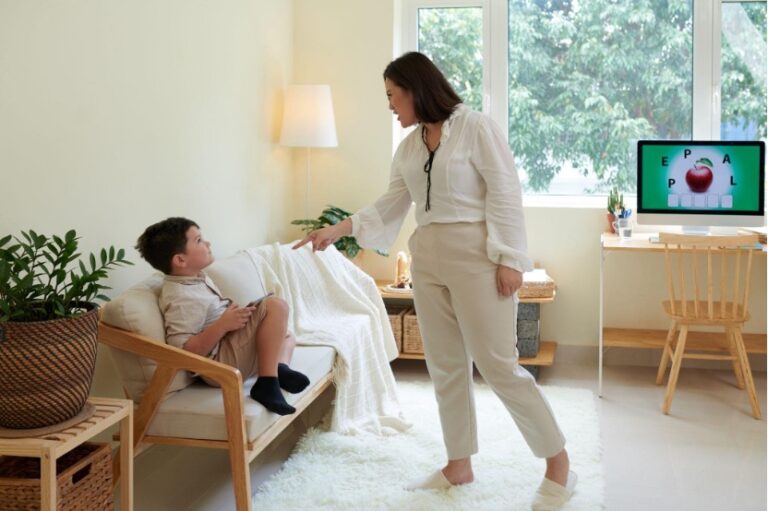
Source: Parenting Education Specialist, Ken Sir
“If you don’t eat well, I won’t let you watch TV tonight.” In daily parenting, we often teach children in the form of threats, hoping that they will be obedient. But is this method effective? Will it backfire?
One time when I was taking a minibus, I saw a grandmother with two grandchildren getting on the minibus. As soon as they got on the bus, the two grandchildren immediately sat in the back seat, while the grandmother chose to sit in a single seat near the door. As soon as she sat down, she turned around and said to the two grandchildren, “I’m telling you to sit back next to me right now, or else I’ll leave you two here when we get off the bus.” As a result, one of the grandchildren shouted loudly from the back. What was he shouting? “You always say that; I don’t believe you.” This incident demonstrates that many parents are used to threatening their children during their childhood.

What are some examples of this? “If you don’t eat, I’ll turn off the TV,” or “If you don’t finish your homework quickly, there won’t be any ice cream for you tonight,” etc. In fact, these methods of parenting often make children treat things as unimportant. If parents frequently use these types of threats, their children will grow up and no longer take them seriously. Therefore, parents must remember that when we ask children to do something, it is best to directly tell them what we want them to do without adding too many elements of threats or coercion.
Copyright © Lok Fu Rhenish Nursery. All Rights Reserved.